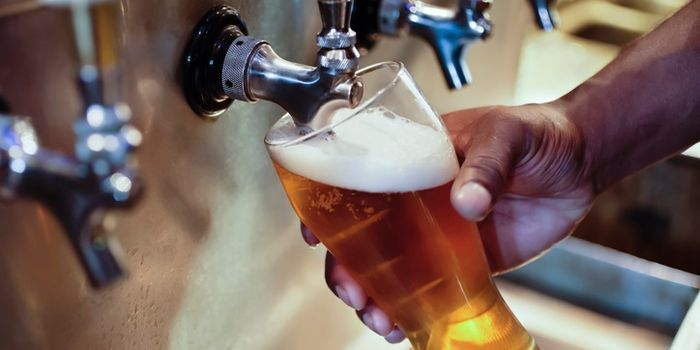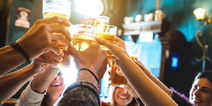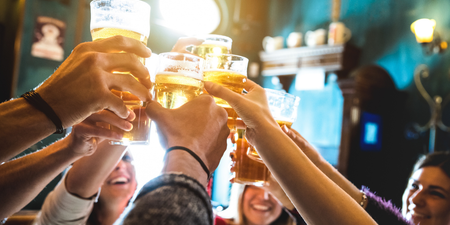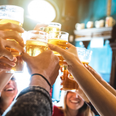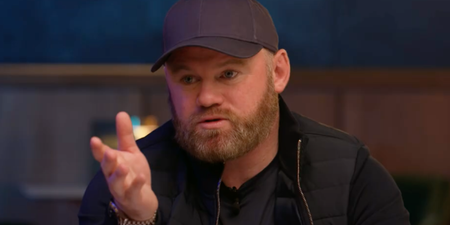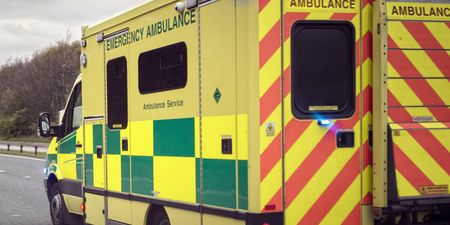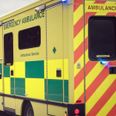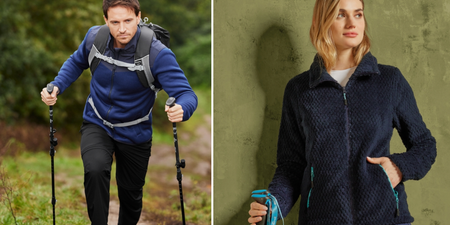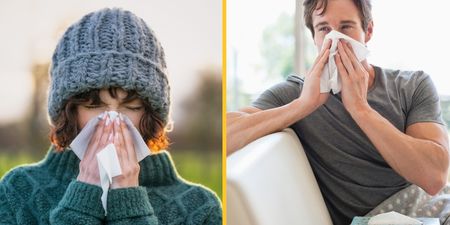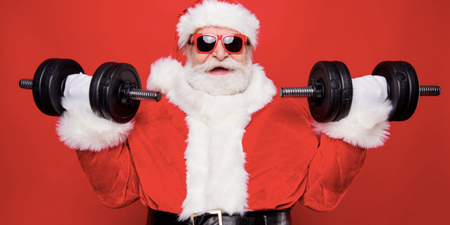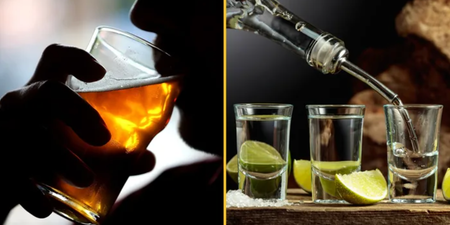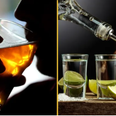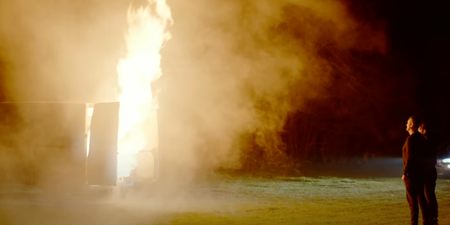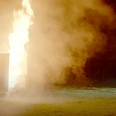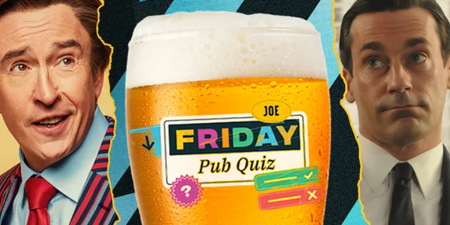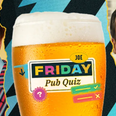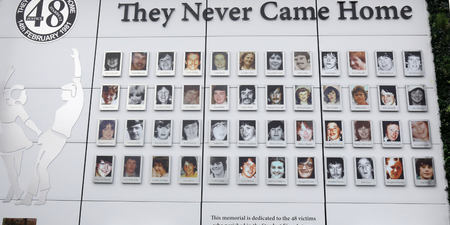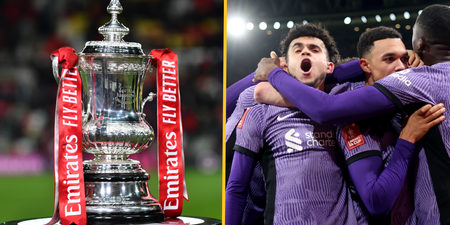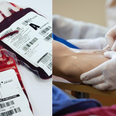On average, Irish men who drink alcohol binge drink 22 times a year.
Just over half of Irish drinkers under the age of 34 (52%) binge drink on a weekly basis, compared to the national average of 18%, according to the 2019 Drinkaware Index report.
The report found that drinkers under the age of 34 binge drink an average of 43 times a year, three times more often than the overall drinking population in Ireland, who were found to binge drink 16 times a year, a little over once a month.
Binge drinking is defined by health experts, such as the World Health Organisation (WHO), as six or more standard drinks in one session.
One standard drink is equivalent to a half-pint of beer, one 100ml glass of wine or 35.5ml pub measure of spirits, so three or more pints of beer, six or more pub measures of spirits or 600ml of wine (a little over three-quarters of a standard bottle) is considered binge drinking.
For men, the HSE recommends limiting alcohol consumption to 17 standard drinks spread out over a week and for women, 11 standard drinks over the same time period.
Amongst the findings elsewhere in the report was that 29% of male drinkers believe their drinking habits may cause future health problems, compared to 19% of female drinkers and that, on average, Irish male drinkers binge drink almost twice a month – 22 times in a year – compared to women, who do so 10 times a year.
One-third (32%) of 18-24-year-olds and a quarter (25%) of 25-34-year-olds who drink believe they should cut down on their drinking compared to 21% of the overall drinking population, while adults aged 18-24 (64%) and 25-34 (58%) are significantly more likely to drink as a coping mechanism than the national average of 51%.
On the back of the report, during men health’s week this week, Drinkaware is calling for young men in Ireland to make more informed choices around alcohol and improve long-term health and wellbeing through a new campaign titled ‘Change the Trend’.
The campaign aims to improve the health and wellbeing of Irish young men who drink by reducing their incidence of binge drinking, decreasing the number who drink above the HSE weekly low-risk guideline of 17 standard drinks – spread out over the week with at least two alcohol-free days – and raising awareness of the guidelines and what a standard drink is.
Commenting on the campaign, Sheena Horgan, CEO of Drinkaware, said:
“The Drinkaware Index research makes one thing clear – young people in Ireland who drink, and particularly our young men, are consistently drinking to a hazardous and potentially harmful level, which is increasing risks to long-term health and wellbeing.
“The report revealed stark contrasts between this critical cohort of men and those aged under 34, who exhibit consistently hazardous and potentially harmful drinking habits when compared with both women and the overall drinking population.
“Despite this, our research shows that the same young men who are drinking excessively are also open to changing their behaviour. They know their drinking habits may cause future harm but they show a willingness to make positive changes.
“Crucially, we feel the time for shifting the dial is now. We can clearly see that the appetite for more mindful drinking in Ireland is growing. Non-alcoholic drinks and pubs are becoming a new norm, reflecting an evolving Ireland and a sober, curious public. One in five Irish adult men and almost 37% of under-34s abstain from alcohol entirely. Over one-third of all visitors to drinkaware.ie are men, an increase from 2018.
“Through our new campaign and especially during Men’s Health Week, Drinkaware is responding to this appetite for lasting change regarding alcohol and encouraging men to take steps towards more mindful drinking for a healthier future.”
The full Drinkaware Index report is available to download on the Drinkaware website.
LISTEN: You Must Be Jokin’ with Aideen McQueen – Faith healers, Coolock craic and Gigging as Gaeilge
